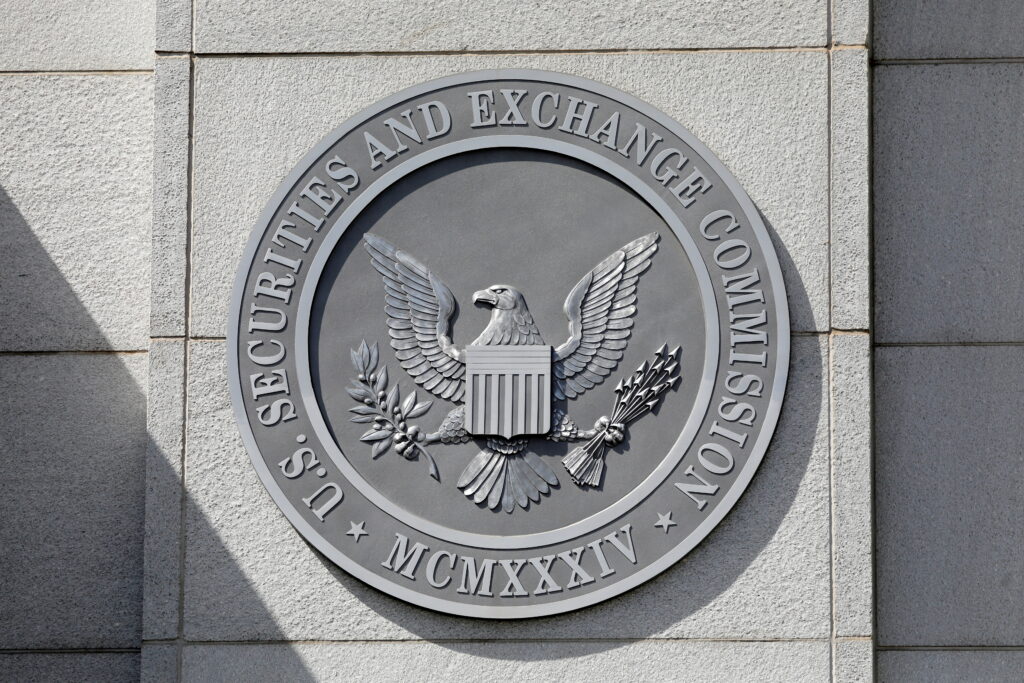Antitrust laws were established to protect trade and commerce from abusive practices. Violations can include price-fixing, price discrimination, restraints, and monopolization.
Securities Fraud
Securities Fraud Lawyers in Miami

Securities fraud, a complex and severe white-collar crime, encompasses numerous illegal activities. The general framework of these allegations is manipulating the stock or commodities markets for personal gains. These allegations involve betraying investor trust, violating investment agreements, and manipulating financial markets.
The spectrum of securities fraud is vast and varied, from insider trading and stock manipulation to misrepresenting a company’s financial health and Ponzi schemes. The government alleges that these crimes undermine the integrity of financial markets but also causes significant harm to investors and can destabilize economic systems.
The Gravity of the Crime
Securities fraud isn’t just a financial offense; it also carries severe legal consequences. Classified under federal and state laws, securities fraud is prosecuted vigorously due to its potential to cause widespread financial harm to investors and the market. The penalties can be severe for those found guilty. The complexity of these cases requires a nuanced understanding of financial practices and the relevant legal principles.
Legal Framework in Miami

In Miami, as well as the entire State of Florida, securities fraud falls under the Securities and Exchange Commission (SEC) and the Florida Office of Financial Regulation, i.e., both state and federal regulatory bodies. The legal framework governing these offenses is extensive, encompassing the Securities Act of 1933, the Securities Exchange Act of 1934, and others. These ordinances regulate securities trading, protect against misrepresentation, and ensure transparency in financial reporting. Navigating this intricate legal landscape requires expert legal guidance, particularly as the regulatory environment continues to evolve.
Penalties for Securities Fraud
The penalties for securities fraud are substantial, reflecting the severe nature of these crimes. In Florida state court, the charges range from third-degree felonies for minor offenses to first-degree felonies for severe cases. Convicted individuals can face steep fines, restitution payments to the victims, and significant prison time.
The exact penalties may depend on:
- Severity of the fraud
- Amount of money involved
- Defendant’s criminal history
- Number of victims
First-degree felonies are the most severe, involving large amounts of money, sophisticated schemes, and several victims. The penalties include up to 30 years in prison and fines of up to $10,000.
Second-degree felony cases are larger-scale securities fraud schemes carrying penalties of up to 15 years in prison, 15 years of probation, and up to $10,000 in fines.
Third-degree felonies are less severe crimes concerning smaller amounts of money or fewer victims. It can result in up to 5 years in prison, five years of probation, up to $5,000 in fines, and forfeiture of assets.
On the federal level, you can face maximum imprisonment of 25 years, fines reaching up to $5 million for individuals and $25 million for corporations, and three years of supervised release.
Beyond fines and imprisonment, those convicted of securities fraud can face:
- Loss of professional licenses
- Damage to personal and professional reputation
- Difficulty finding employment in the financial sector
It can also lead to other state or federal charges, including misappropriation of funds, wire fraud, etc.
How a Securities Fraud Lawyer in Miami Can Help
Since securities fraud is also a federal crime and usually prosecuted on the federal level, you must have a tenacious litigator to fight against the U.S. Government. Agencies like the Financial Industry Regulatory Authority (FINRA) and the U.S. Securities and Exchange Commission (SEC) are the investigative bodies, and their lawyers can prosecute cases at the civil level. However, if you are charged criminally, the U.S. Attorney’s office for the district where the allegations arose will prosecute the case.
At Kirlew Law Firm, we understand the intricacies of securities fraud and the daunting prospect of facing these charges. We recognize that each client’s situation is unique. So, we draw on our vast experience in criminal defense, white-collar investigations, and litigation to develop a robust defense strategy.

From the initial investigation to trial, our team works tirelessly to protect your rights, challenge the prosecution’s evidence, and seek the most favorable outcome. We provide aggressive and effective legal representation to mitigate the impact of securities fraud allegations on your life and livelihood.
We can handle a range of other crimes in addition to fighting securities fraud cases. With Kirlew Law Firm, you gain more than just legal assistance; you gain a partner committed to protecting your interests and securing your freedom.
Accused of Securities Fraud? Get the Legal Support You Need.
Facing securities fraud charges can be overwhelming. But you don’t have to go at them alone. Contact Kirlew Law Firm today to schedule a consultation with Brian Kirlew, Esq. and learn how we can help you through this challenging time.
Let our expertise in securities fraud defense help you secure a future free from the shadows of these serious allegations.
Call 305-521-0484 or fill out our online contact form for a free initial case evaluation.
Contact a Miami White Collar Criminal Attorney today!
If you are being investigated for a White Collar crime at the state or federal level (or both), the sooner you get a qualified attorney on your side to protect your rights, the better. Brian Kirlew, Esq. is experienced and skilled at handling these complex and sensitive matters, and is here to represent you in court. Our criminal defense attorneys in Miami are proud to offer you a free phone consultation to ensure that we can best serve you. Contact us immediately to get started.


